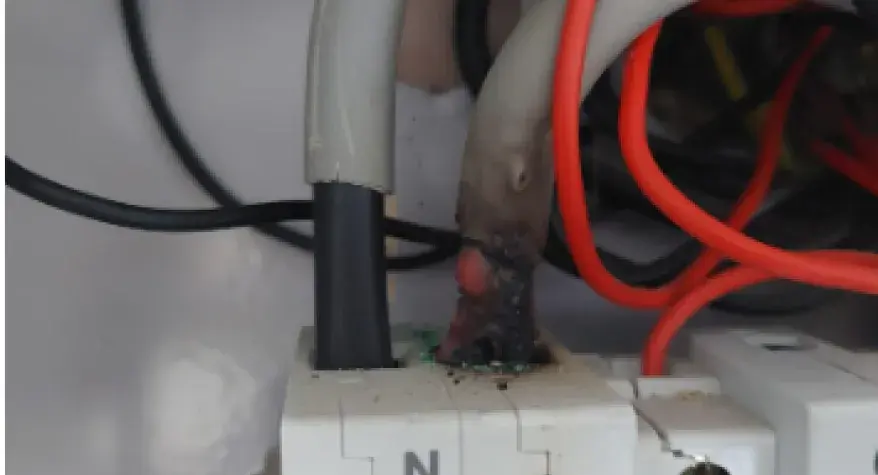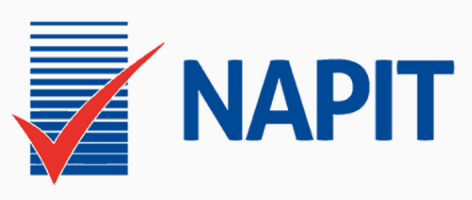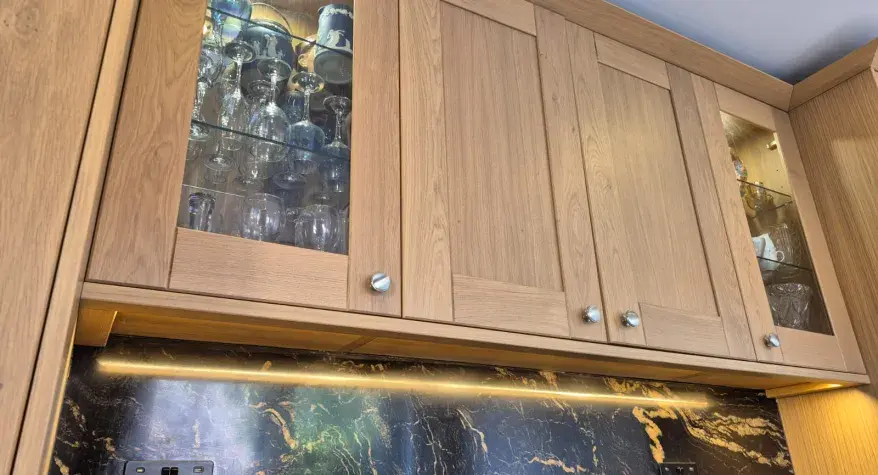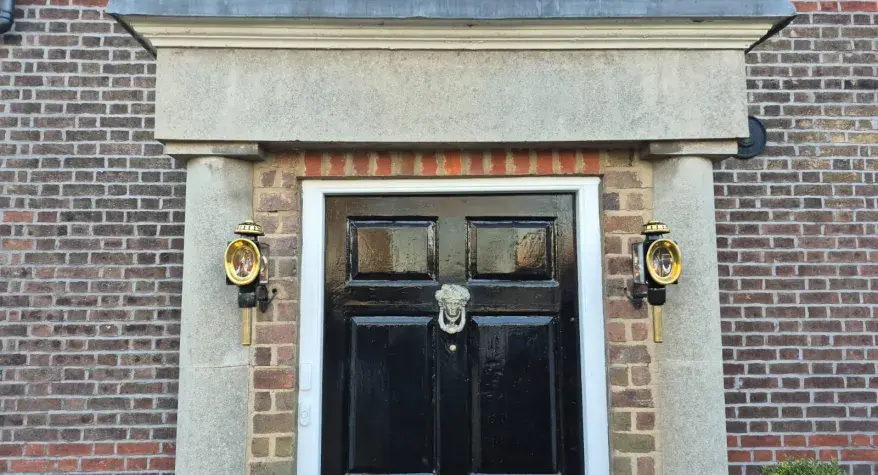Electricity is an essential part of our daily lives, but it also poses potential risks if not properly maintained. Electrical Installation Condition Reports (EICR) are crucial for ensuring electrical safety in residential, commercial, and industrial properties. Whether you are a homeowner, landlord, or business owner, understanding the importance of an EICR can help prevent hazards and ensure compliance with legal requirements.
What is an Electrical Installation Condition Report (EICR)?
An EICR is a formal document produced following an assessment of an electrical installation within a property. The report highlights any deficiencies, potential safety issues, and non-compliance with electrical safety standards. It is conducted by Solaris contracts Ltd who inspects the system and determines its overall condition.
Why is an EICR Important?
1. Ensures Safety
Over time, electrical installations degrade due to wear and tear, environmental factors, and poor maintenance. An EICR helps identify potential electrical faults that could lead to shocks, fires, or other hazardous incidents.
2. Legal Compliance
For landlords and business owners, regular electrical inspections are a legal requirement. The UK, for instance, mandates EICRs for rental properties every five years to ensure tenant safety. Failing to comply can result in penalties and legal action.
3. Prevents Costly Repairs
Early detection of electrical issues can save property owners significant repair costs. Addressing minor faults before they become major problems helps maintain a safe and functional electrical system.
4. Enhances Property Value
A property with a recent and satisfactory EICR is more attractive to potential buyers and tenants, providing assurance that the electrical system is in good condition.
What Does an EICR Inspection Involve?
During an EICR inspection in Hitchin Hertfordshire, the electrician will assess various aspects of the electrical installation, including:
Wiring and Circuitry – Checking for wear, damage, and outdated wiring.
- Fuse Boxes (Consumer Units) – Ensuring they meet current safety regulations.
- Earthing and Bonding – Verifying proper grounding to prevent electrical shocks.
- Sockets, Switches, and Light Fixtures – Inspecting for signs of overheating or deterioration.
- Residual Current Devices (RCDs) – Testing their effectiveness in preventing electric shocks.
Once the inspection is complete, the electrician categorizes the findings:
- C1 (Danger Present) – Immediate action required.
- C2 (Potentially Dangerous) – Urgent remedial work needed.
- C3 (Improvement Recommended) – Not an immediate risk but should be addressed.
How Often Should an EICR Be Carried Out?
The frequency of EICRs depends on the type of property:
- Domestic Properties – Every 10 years or when selling/buying a home or as stated on last EICR.
- Rental Properties – Every 5 years or at the start of a new tenancy, or as stated on last EICR.
- Commercial Properties – Every 5 years or as recommended based on usage, or as stated on last EICR.
- Industrial Installations – Typically every 3-5 years, or as stated on last EICR.
- Older installations – Need inspections more often as determined by the engineer.
EICR Electrician in Letchworth
An Electrical Installation Condition Report is a vital safety check, at Solaris Contracts Ltd we ensure electrical systems are functioning correctly and safely. Regular inspections help protect lives, prevent costly repairs, and ensure compliance with legal requirements. Whether you own a home, rent out a property, or run a business, staying on top of EICR requirements is a responsible and beneficial practice.
For professional EICR inspections, always hire a certified electrician to guarantee accuracy and compliance with safety regulations.
Contact us today.










